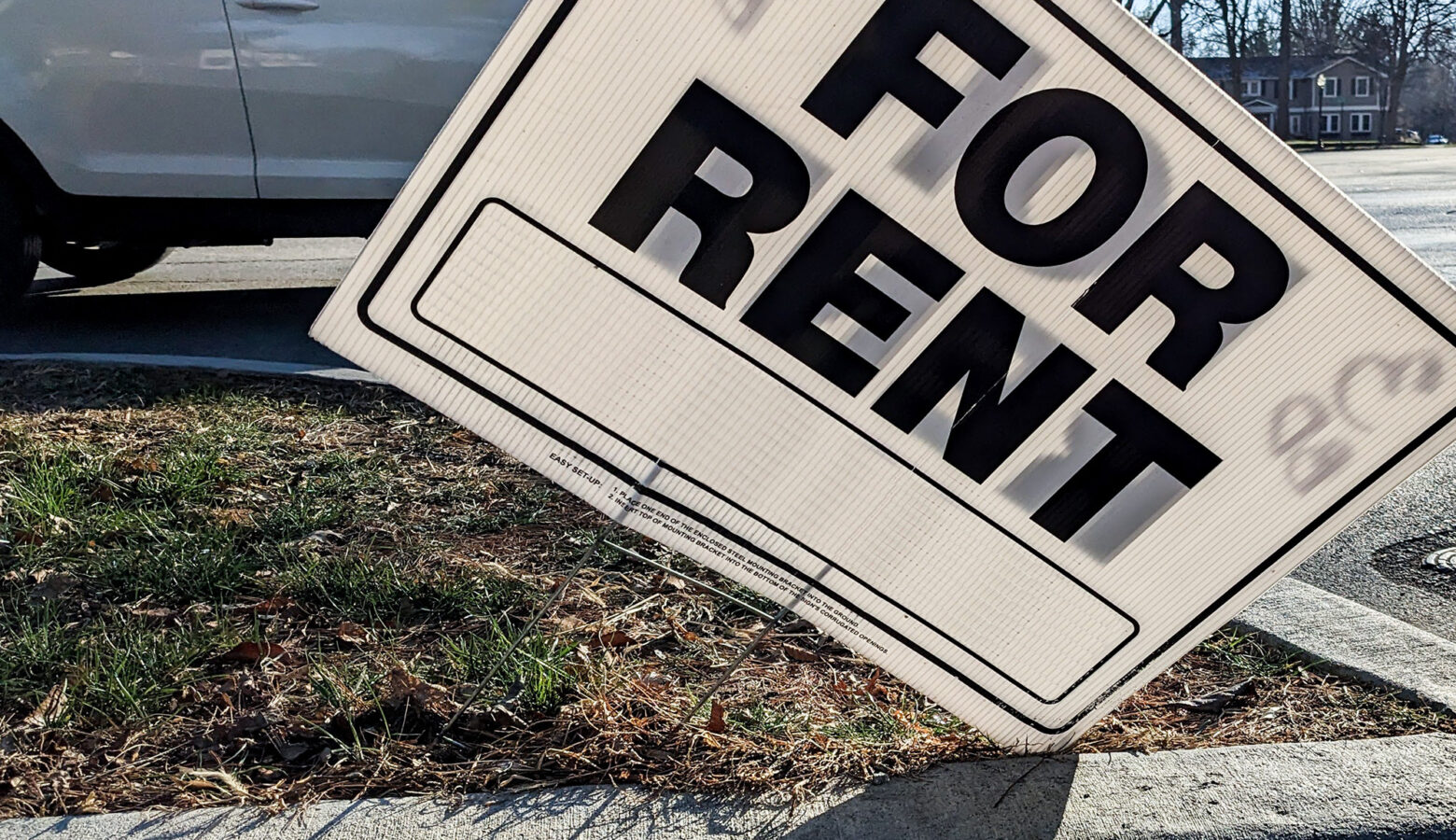What do township trustees do in their communities? What challenges do they face?

What do township trustees do, and what are some of the pros and cons of this type of government? Several listeners inspired this question.
While not all states have this hyperlocal form of government, Indiana has more than 1,000 townships across the state.
Angel Valentín is the township trustee for Wabash Township in Tippecanoe County. He said the roles of trustees in different townships widely vary based on community needs and how involved leaders are in their roles.
What do trustee’s offices do in their communities?
In his particular township, he said there are two main functions of trustees.
“The two that have the biggest impact on our township are the fire protection component – so we have a fire department for the unincorporated part of Wabash Township, outside of West Lafayette,” he said. “The other big priority that we have is township assistance.”
Township assistance may include things like rental, mortgage or utility assistance. Valentín said part of the township’s responsibility is to use standards adopted by their respective township board to determine a resident’s eligibility for this kind of assistance.
Valentín said he feels it is often the responsibility of leadership to be open in their communication and to encourage others to apply for assistance
“It’s also a little bit of word of mouth. So if people realize that the office is open, that folks are being treated well, that there’s somebody that’s there and actually listening to their needs and seeking to do the best they can to meet those, then more folks will apply,” he said.
Other services his office provides include maintaining cemeteries and taking care of noxious weeds.
Valentín said the township was also recently awarded grant money to establish a community paramedicine program. This kind of program involves community paramedics coming to patients in their homes, as well as using telehealth platforms to reach them. They can also help in mobile environments, or with screenings, vaccinations or treatments.
Valentín said increased funding may also allow for an intern or fellow to be welcomed into the trustee’s office. He said he hopes to expand his office’s staff in the coming years, but that this final determination will be reliant on finances.
“We’re working on trying to improve that [funding] and increase that over the coming years, especially as we see an increase in our local income tax shares,” he said.
Valentín said all townships are different – meaning the services the Wabash Township Trustee’s office offers will not be the same across the board.
Join the conversation and sign up for the Indiana Two-Way. Text “Indiana” to 73224. Your comments and questions in response to our weekly text help us find the answers you need on statewide issues.
What are some challenges trustee’s offices face?
Valentín was appointed to fill the township trustee’s position in an interim capacity after his predecessor was removed from office because of a criminal conviction. He was then elected for the position last November. He said his predecessor did not accept many applications for township assistance, leading the Wabash Township office free of certain requirements, such as holding office hours.
“We technically didn’t have to have office hours because the previous year our predecessor accepted such few applications that we didn’t meet that requirement,” he said.
He said his predecessor also stated the limit of assistance those in need could receive from the trustee’s office was $250. Valentín said setting these limits can deter people from seeking assistance from this local form of government.
“If you’re going to make an individual jump through a lot of hoops by requiring a lot of documents, etc., and then at the end of the day, they’re still going to get evicted, that individual will decide that it’s more worthwhile to go spend their time elsewhere trying to seek assistance through other resources,” he said.
Valentín said this displays a large problem within trustees’ offices – the lack of oversight. He said there is the possibility for great resources to be provided here, but that the quality of leadership often determines this.
“That, to me, is also part of the reason why it’s so important that we have the right people in the position,” he said. “It’s one of the challenges, really, that comes from a position that has relatively little oversight at the state level and even at the local level.”
Valentín explained the lack of funding and consistency between these townships sometimes makes the system feel archaic.
“If you want townships to still be the most local form of government, we need to make sure that we are allowing them to be effective,” he said. “Right now, it feels like we’re keeping a vestige of old government and we’re not giving them the tools to succeed.”
Valentín said potential consolidation of townships, more funding or dynamic conversations on alternative solutions can help alleviate these issues.
Violet is our daily news reporter. Contact her at [email protected] or follow her on Twitter at @ComberWilen.

